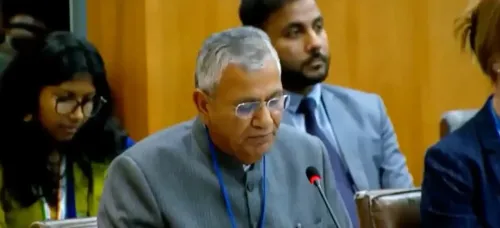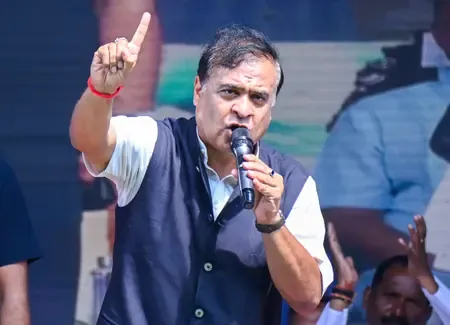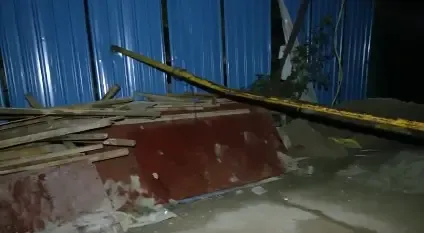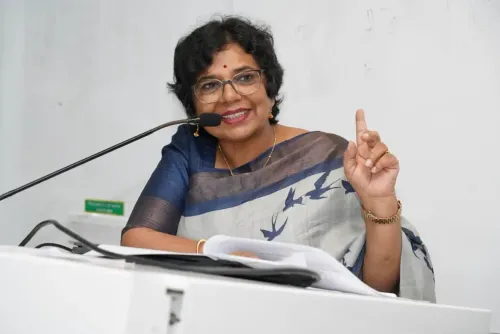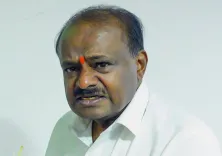Why is Vaiko Criticizing the Centre Over Keeladi Report Delay?
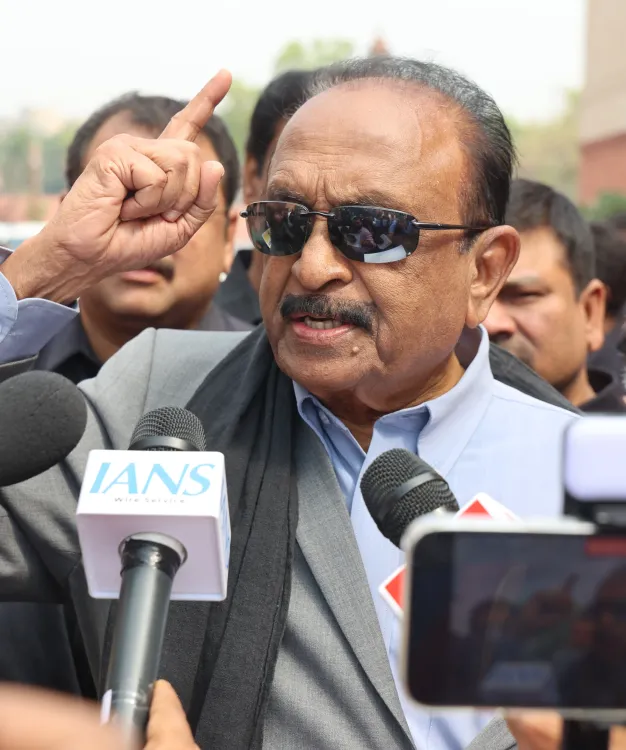
Synopsis
Key Takeaways
- Vaiko criticizes the Centre for delaying Keeladi reports.
- Accusations of suppressing Tamil history for a singular narrative.
- Concerns over the promotion of a non-existent Sanskrit civilization.
- The ASI's role in the excavations and report delays.
- A call for vigilance against cultural and political suppression.
Chennai, June 11 (NationPress) MDMK General Secretary Vaiko has strongly criticized the Centre for its extended delay in disclosing the archaeological excavation reports of Keeladi. He accused the government of intentionally obscuring Tamil history to favor a singular Vedic narrative.
In an impassioned statement, Vaiko asserted that the BJP-led Central government, in conjunction with the Rashtriya Swayamsevak Sangh (RSS), is attempting to distort history by ignoring evidence of Tamil civilization in Keeladi while promoting what he described as a 'non-existent Sanskritic civilization.'
'In its efforts to erase the Keeladi Tamil civilization, the Union government is persistently searching for a Sanskrit civilization that has no basis,' he said.
He denounced the Centre's alleged attempts to elevate Sanskrit as the original language of India and to promote the Aryan migration theory as a historical truth. 'It is reprehensible that the government is perpetuating the false narrative that Aryans are the indigenous people of India and that Sanskrit is the progenitor of all Indian languages,' he added.
Vaiko further criticized the RSS and BJP for their attempts to enforce a uniform cultural framework across the nation. 'They oppose the rich linguistic and cultural diversity of India. Their aim is to establish one language, one culture, and one tradition by imposing Hindi and Sanskrit,' he stated.
The seasoned leader noted that while the Archaeological Survey of India (ASI) carried out Phases 1, 2, and 3 of the Keeladi excavations, the Tamil Nadu state government managed Phases 4 through 9.
The state has already published its findings, yet the Centre has yet to unveil the reports for Phases 2 and 3.
'Despite the Madurai Bench of the Madras High Court directing the release of the reports, the ASI continues to postpone them.'
Meanwhile, the ASI has requested Dr. Amarnath Ramakrishna, who oversaw the excavations, to resubmit the reports with modifications. However, Dr. Amarnath has firmly stated that the reports are complete and do not require any changes,' Vaiko highlighted.
Labeling the delay as a calculated act of historical repression, Vaiko appealed to the people of Tamil Nadu to stay alert and resist the 'fascist forces' attempting to obliterate Tamil antiquity through cultural and political machinations.

